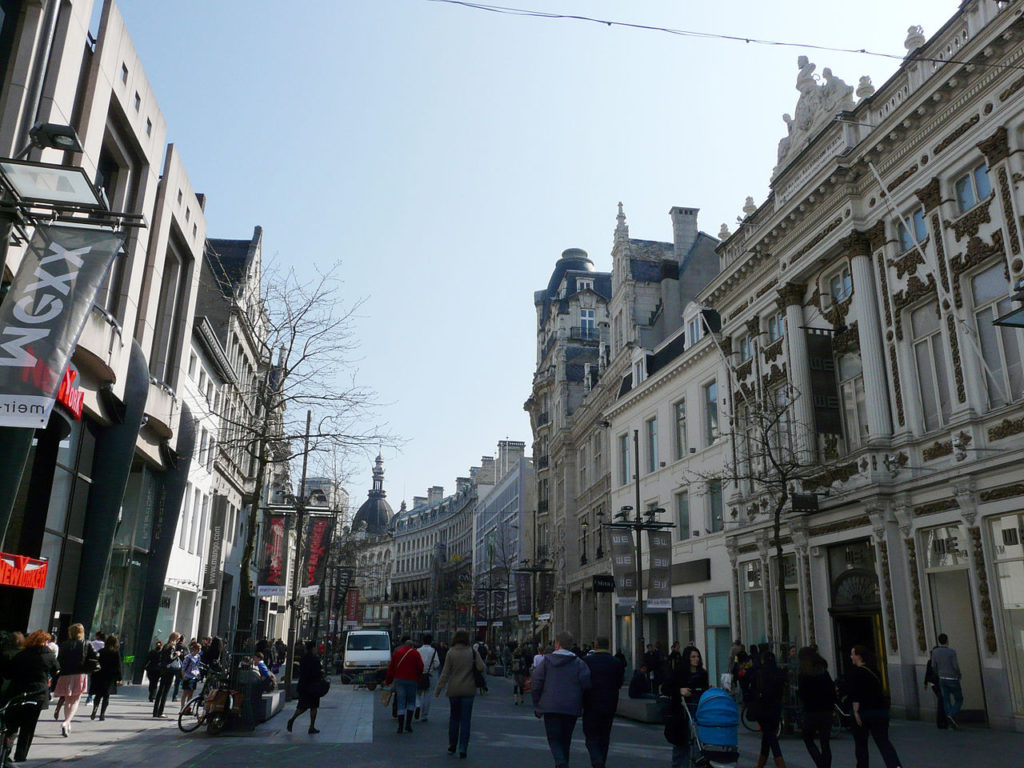The entire retail sector is desperately hoping May 3 brings at least the start of a resurrection of business, after almost two months of restrictions and total closure.
However, according to a report in De Tijd, some retail chains may decide not to re-open some of their stores after all when restrictions are lifted. In some cases, re-opening could turn out to be more expensive than simply staying closed.
The paper quotes Boris van Haare of Cushman & Wakefield, the largest retail estate agent in the country, who points out that at the moment of re-opening, fixed costs go back to 100% – rent and staff wages, mainly – while income is anyone’s guess.
“How much sales can the shop expect in the first few months? Forty percent? Fifty percent? The monthly losses could be higher than they were during the time of closure,” he said.
He gives the example of South Korea, where two weeks after being back in business, foot traffic in shopping areas was back to 83% of its pre-corona level. But sales were far behind.
“The situation and consumer behaviour in South Korea or China can’t be compared to here. That’s why people are watching with interest what happens when Germany opens up again.”
Retail chains, facing tough competition from each other and from online retailers, have every tool at their disposal for knowing which branches are doing well and which less well. And for some shops, the coronavirus crisis could be the last straw. Some may never re-open, and those that do will be under strict scrutiny to see how well they manage to get back on their feet.
John Collin of commercial real estate broker CBRE, the biggest of its type in the world, is not expecting chains to leave some branches closed, but does expect a thorough evaluation within six months of the chances of each branch to survive.
"2020 is a lost year already,” he told the paper. “The important thing now is to generate as much turnover as possible. Postponing the sales until August is not a good idea. If the borders open earlier, Belgians will go to the Netherlands and Germany."
Part of the solution could lie in rental agreements. According to Van Haare, every lawyer in the country has two standard letters ready to send out: one on behalf of a tenant, the other on behalf of a landlord.
Local authorities have already arranged with commercial tenants a rent freeze for the duration of the confinement, but private landlords are often still collecting rents. All sides can be expected to do so when business returns, no matter how weakly.
Unusually, in Belgium legal disputes over rental contracts are the jurisdiction of the justice of the peace, with rules dating to the period just after the Second World War, when the majority of shops were one-man businesses.
“Now some justice of the peace somewhere in the country will be confronted with arguments over complex rental contracts with international chains,” says Jean-Philip Vroninks, CEO of Jones Lang LaSalle Belgium. Long delays are a given.
“A justice of the peace might be more likely to make a decision based on emotion in favour of the tenant. And there’s every chance that judges in appeal will side with the landlord a few years later.”
Alan Hope
The Brussels Times

